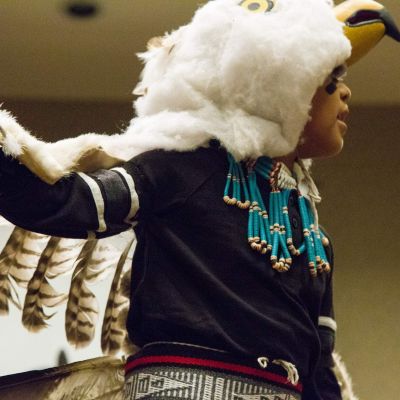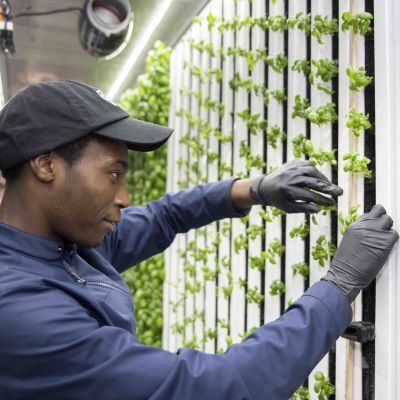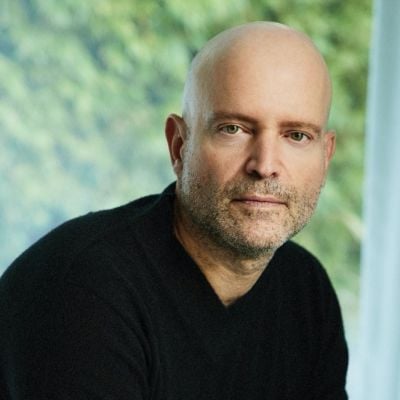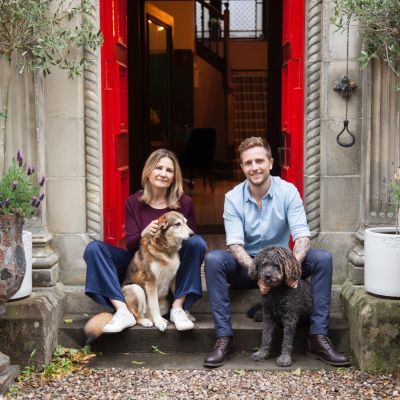Alexandre Mars on Entrepreneurial Philanthropy
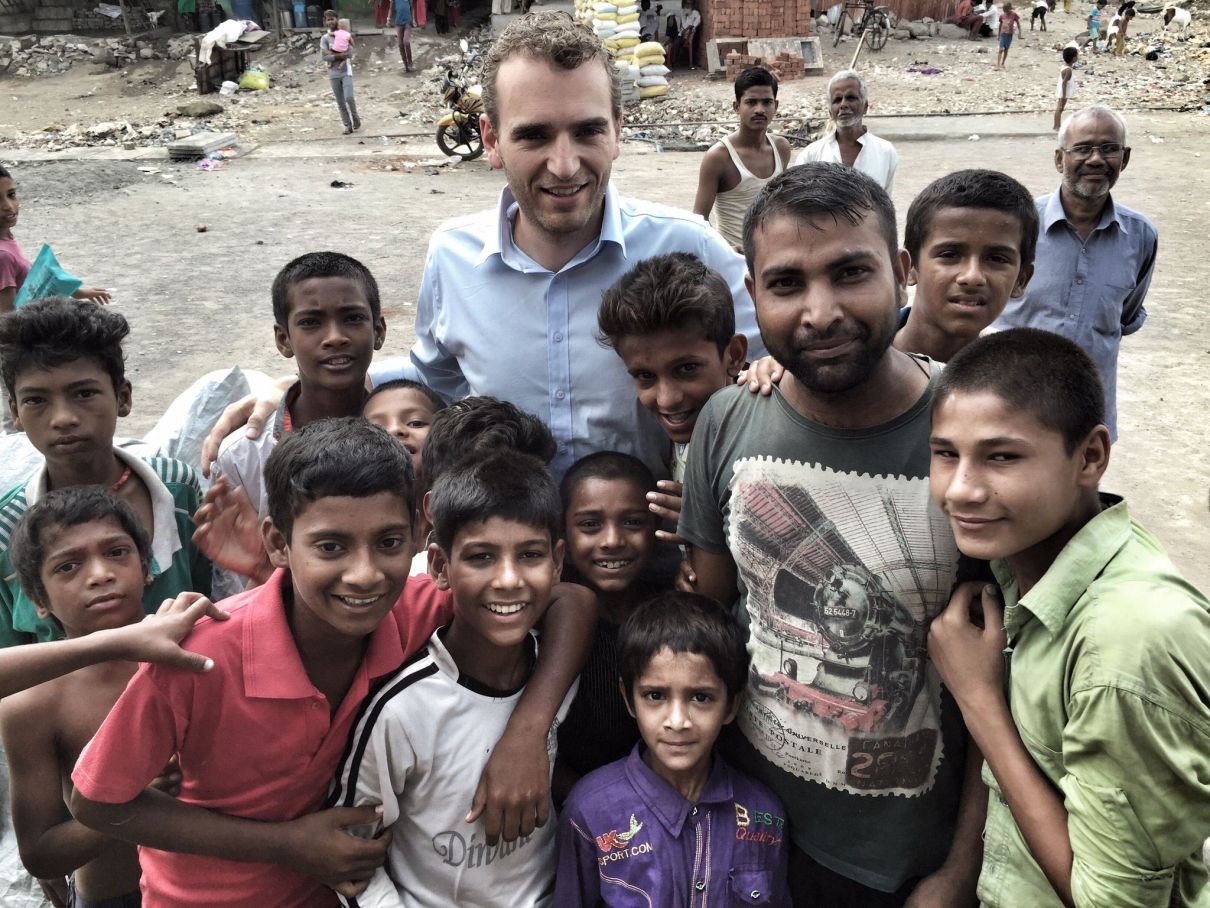
Alexandre Mars founded the Epic platform to embody a venture capital approach to charitable giving.

“The danger with philanthropy,” says Alexandre Mars, a serial entrepreneur who has been called ‘France’s answer to Bill Gates’, “is that it is so easy to procrastinate. So many people say: ‘I will get involved in helping others once I’ve reached a certain point.’
“But the truth is, everyone should get involved, today. You don’t have to devote your life to it, you can simply decide that giving is part of your life and act accordingly.”
Mars, aged 42, is on a mission to change the way people think about giving. After building and selling five successful businesses he decided, at age 35, to devote his time to creating a transparent solution for the philanthropic world. “I needed to understand what solutions were missing — I didn’t want only to throw money at a problem, I wanted something I could scale — that was my entrepreneurial instinct,” he says.
“I went around with a pen and paper asking NGOs what the industry was missing. Almost unanimously they said: a platform that makes giving more straightforward,” he recalls over the phone from his home in Brooklyn, New York.
Realising that the individuals who can make the biggest difference are often the time-poorest, he built a platform called Epic, designed to make giving more transparent and less arduous. He primarily targets busy Millennial entrepreneurs, like himself.
“I found that whenever I talk to well-off people, everyone has given to a social organisation this year. But if you ask them ‘have you given enough?’ 95 percent say no. People say: ‘I want to do more but for three reasons I’m unable to. Number one, I don’t trust organisations because I often hear about scandals and misallocation of funds. Number two, I don’t have time to do my own due diligence. And number three, I don’t have the knowledge.’”
Seven years on and Epic is present in New York (its headquarters), London, Paris, Brussels, Mumbai, Bangkok and San Francisco, with a permanent staff of 30 and growing. This year, its organisations are on track to change the lives of over 5.6 million children and youths, predominantly in the US, Brazil, East Africa, Western Europe, India and Southeast Asia. The 36 NGOs in its portfolio include Apnalaya, which helps India’s poorest slum communities; and Bottom Line, a Boston-based Ngwo to help low-income students graduate from college.
The key, says Mars, is applying an entrepreneurial approach to giving. “A successful start-up simply fills a need between point A and point B,” says Mars. Every year over seven months, he and his team examine over 2,500 social ventures and analyse them according to 45 different data points to create a shortlist of 10-15 charities that he believes gives members the best impact investment. Epic sets out a plan to achieve the charity’s mission in three to five years, and keeps its members updated on their progress.
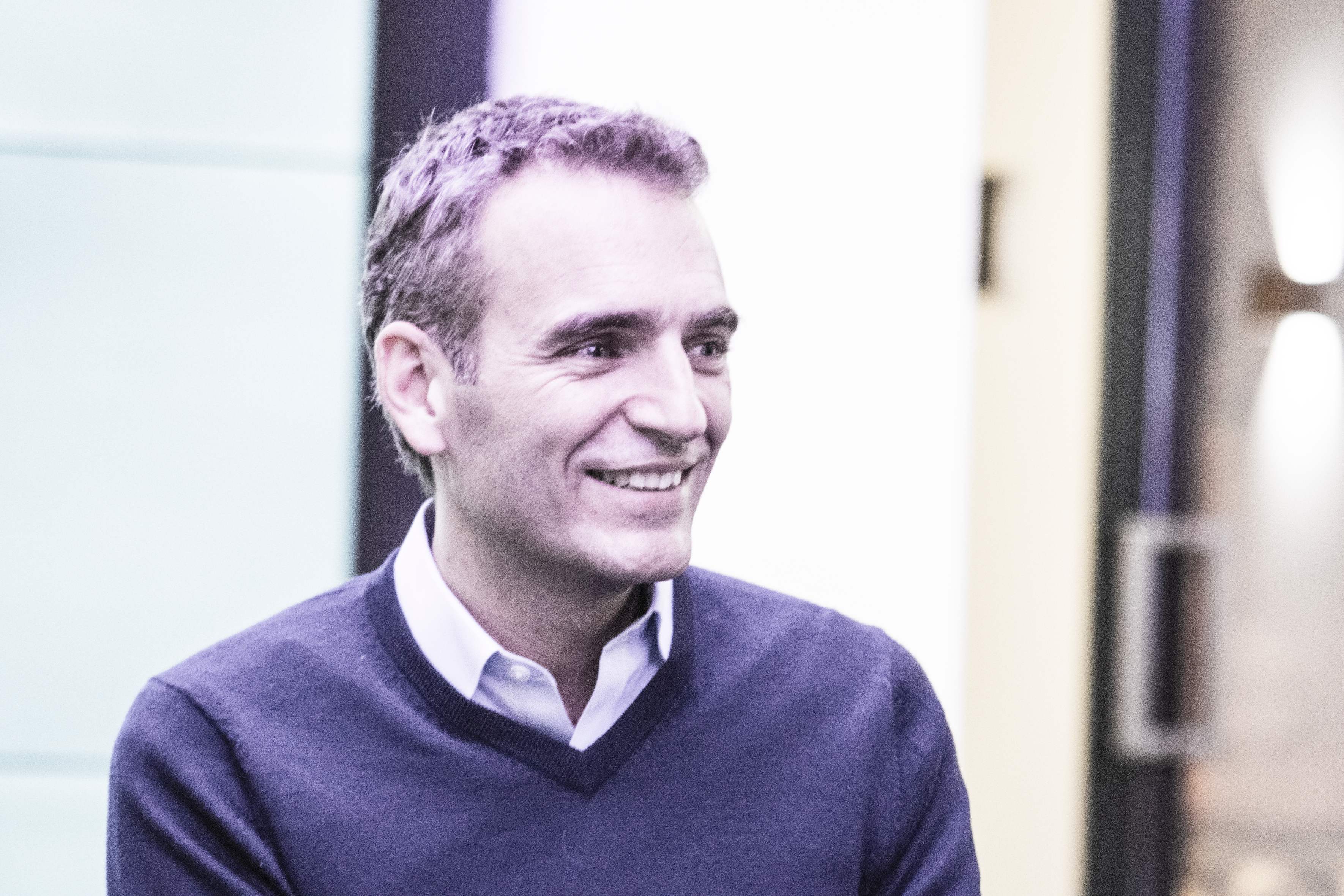
All donations that Epic receives go entirely to portfolio organisations: there is no administration overheads as Mars covers all the operating costs. (If you donate online, you will be subject to a processing fee charged by the payment platform, but this does not go to Epic.)
Just like the Bill and Melinda Gates Foundation, it prides itself on transparency. “We have three tools — number one, transparency,” he says. “People feel safe about our selection because we share all the data points with the donors.
“Our second tool is monitoring and evaluating the work. With our Impact App you can get live information — for example, how many kids got their shots two weeks ago in Kenya, or how many people were able to find a shelter and a warm meal during a snowstorm in New York. It’s a way of connecting through the app. In our world, people always have two minutes of time to kill, and that’s what we propose.”
The third tool, he says, is around donor engagement. Epic organises trips for donors to go and visit its 36 organisations around the world to see its impact at first hand. They can even take their families, something that Mars has always done with his own children, aged eight, 12, and 14. This summer, he took them to Manamoc in the Philippines where they met kids their own age and saw how schooling works in those countries.
“I’ve tried to embed social good in all my businesses. Everyone wants to have more purpose in life, and with Epic it is a lot harder to find an excuse.”
This article originally appeared in Billionaire's Ideas issue, March 2018. To subscribe contact




